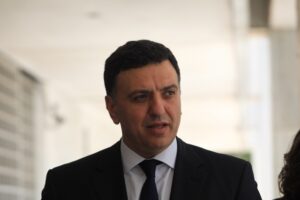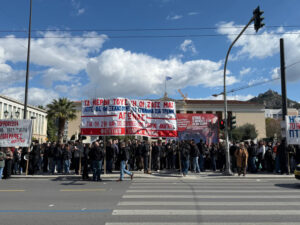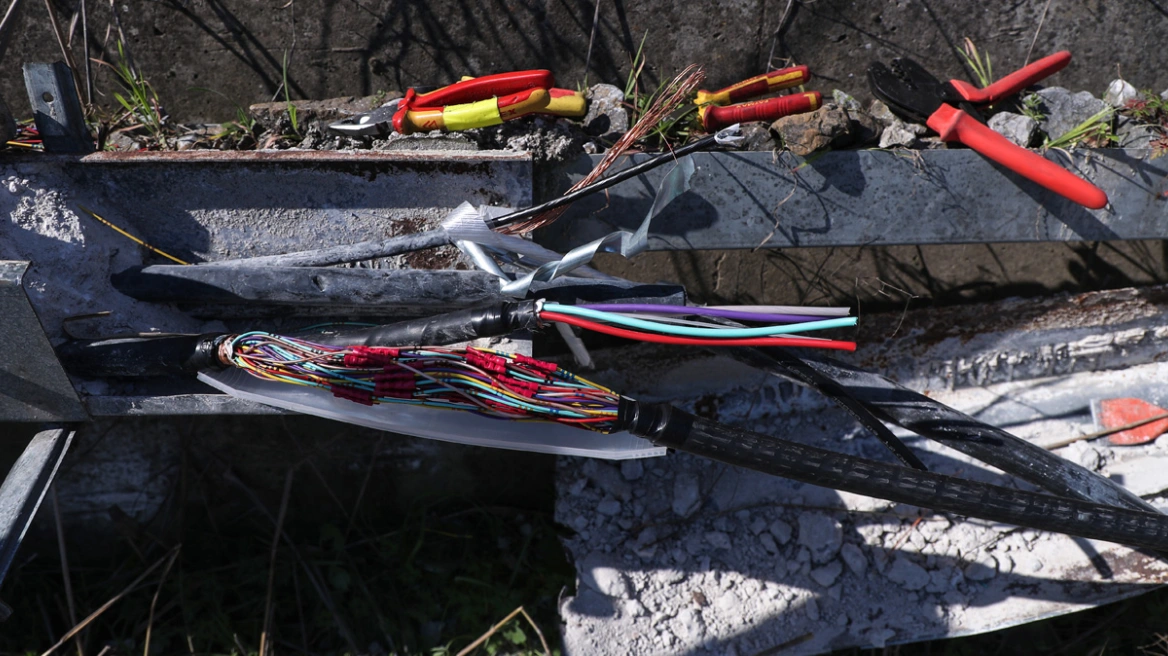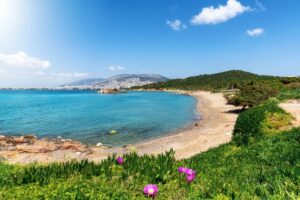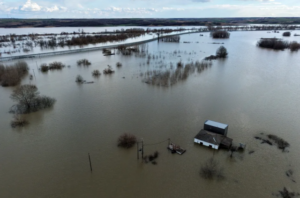In an interview with Mega TV, Vasilis Kikilias, Minister of Climate Crisis and Civil Protection, spoke about the ongoing fire season, noting that while firefighters are still battling fires, they are also dealing with simultaneous floods.
“It’s a difficult period because, as you can see, half of Greece – primarily the western and northern parts – has experienced the first autumn rains in recent weeks, which are always dangerous and can lead to extreme situations, as we saw with Storm Boris in Europe, where more than 20 people lost their lives.
Meanwhile, in the other part of the country, in the Aegean islands, especially the Dodecanese, Crete, Attica, and the southern regions, we still face 25-30 wildfires daily. So, half of the Fire Brigade, Civil Protection, and other forces are dealing with weather phenomena, while the other half is handling fires,” Kikilias explained.
Regarding this year’s fire season, he emphasized that despite the fact that, according to scientists, the most challenging fire-meteorological conditions of the last 40 years prevailed, and 4,500 fires broke out, 24% fewer hectares burned compared to the 20-year average.
“You saw what happened in other countries, the extreme situations in Portugal. Since 2017, Portugal has invested huge sums, billions of euros, after a traumatic year, establishing a new prevention and forest protection system. However, this year’s insurmountable conditions from the Atlantic – strong winds and drought in mid-September – led to a fire that spread across a large part of the country, burning 1,200,000 hectares,” the minister said.
Regarding prevention to better manage natural disasters caused by extreme weather events, Kikilias stated that throughout the winter, the creation of firebreaks will continue, along with fire protection projects by the Hellenic Electricity Distribution Network Operator (DEDDIE) and the Independent Power Transmission Operator (ADMIE). He also emphasized that efforts made this year to clean plots of land will be strengthened. Additionally, the circular economy plan will proceed, where municipalities will provide pruning and clearing residues to heavy industry as fuel in exchange for fees.
Ask me anything
Explore related questions
